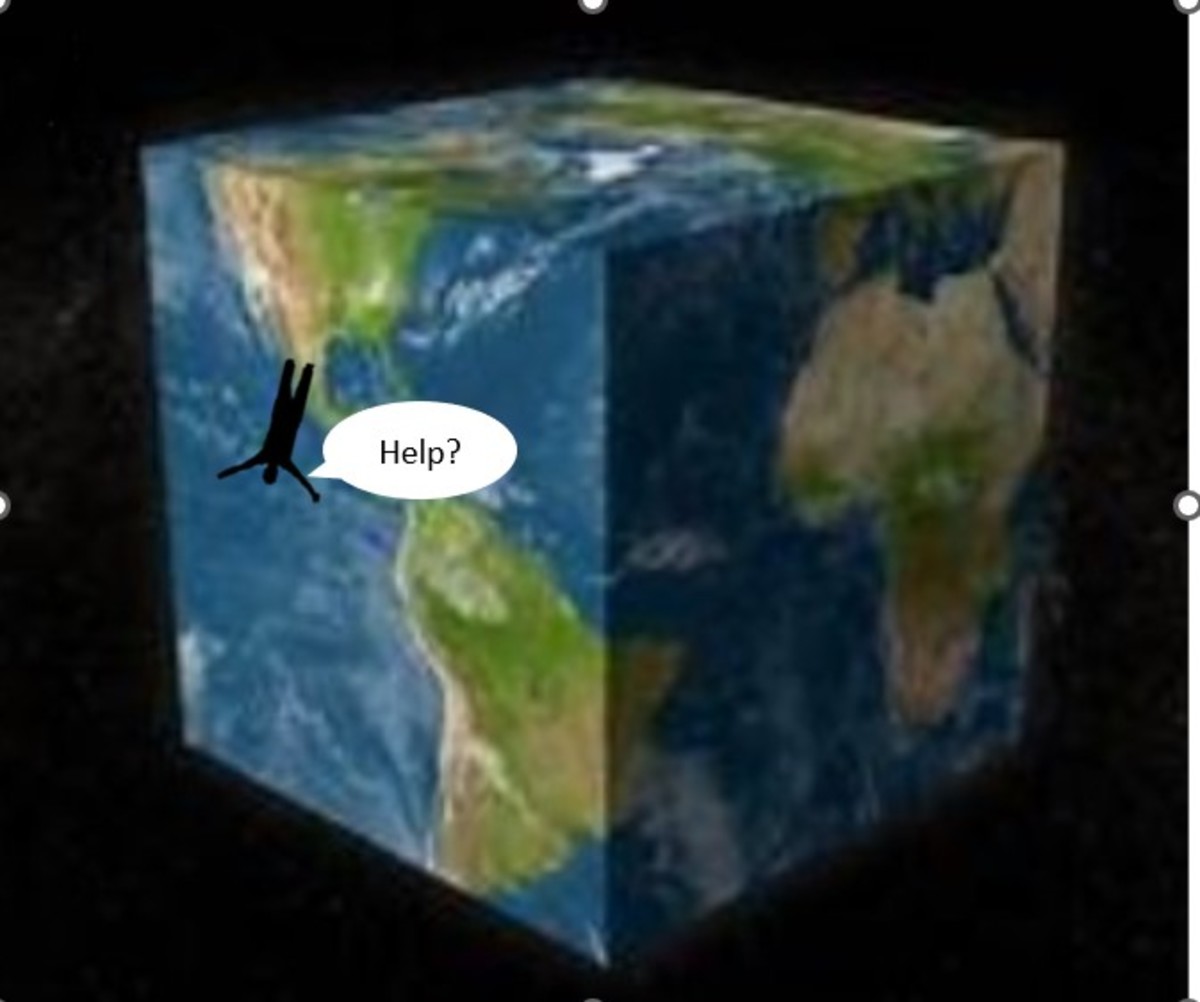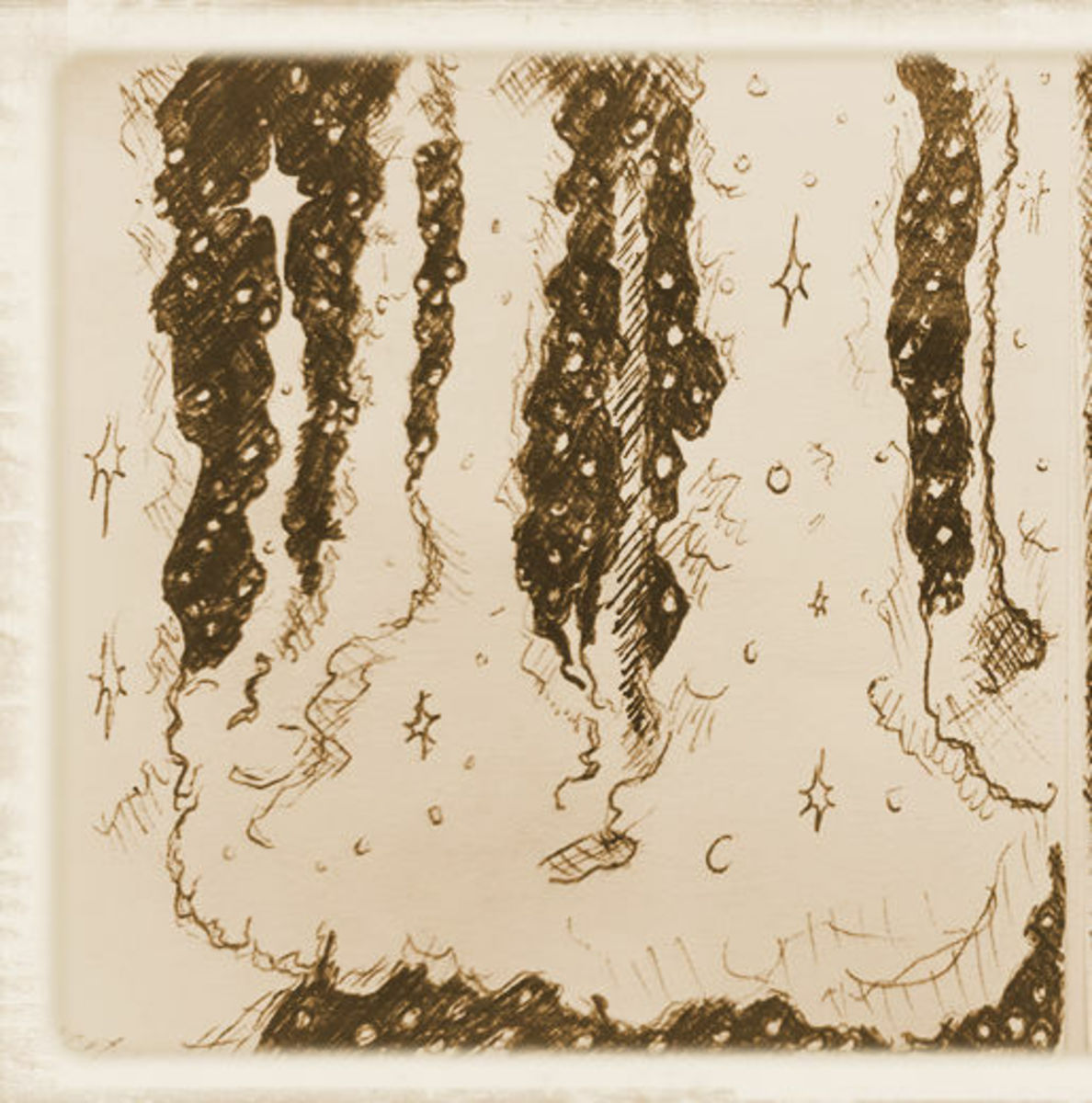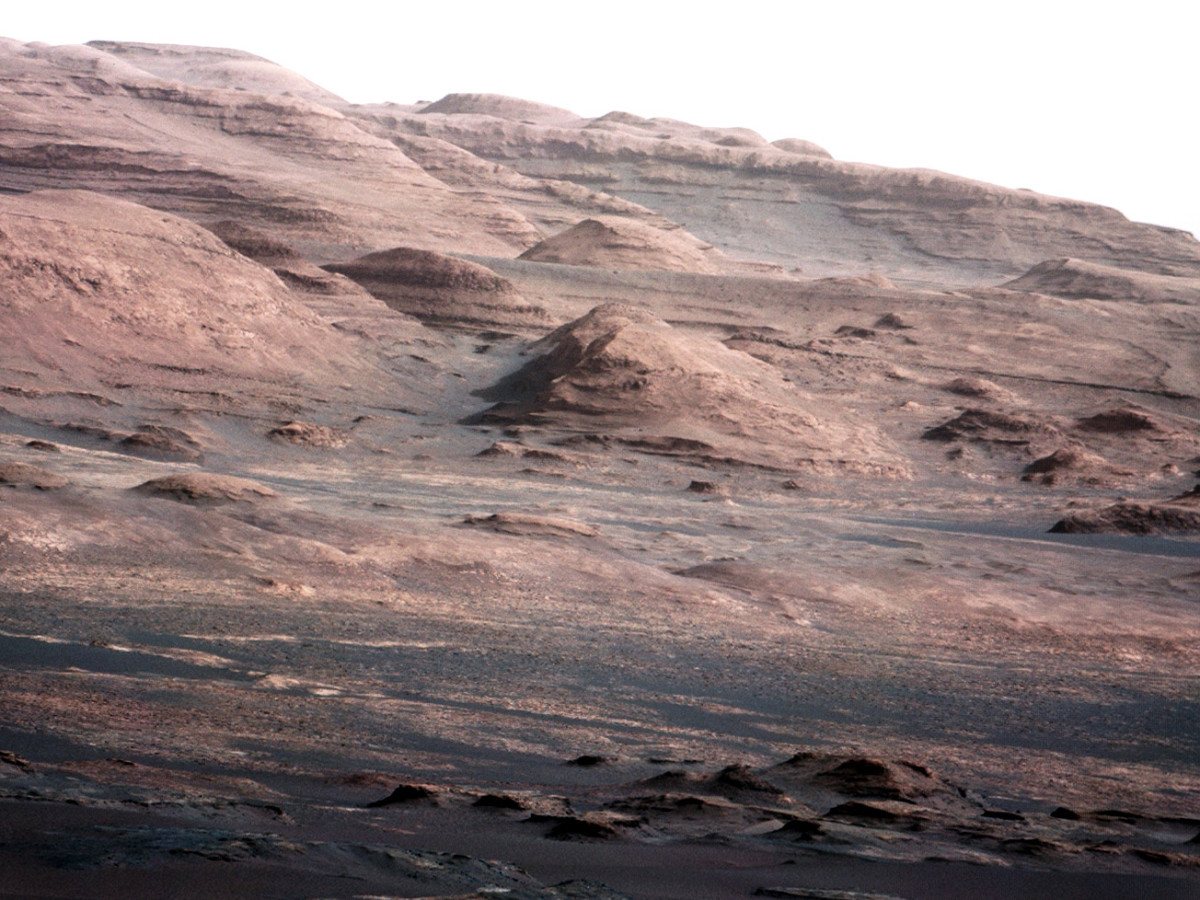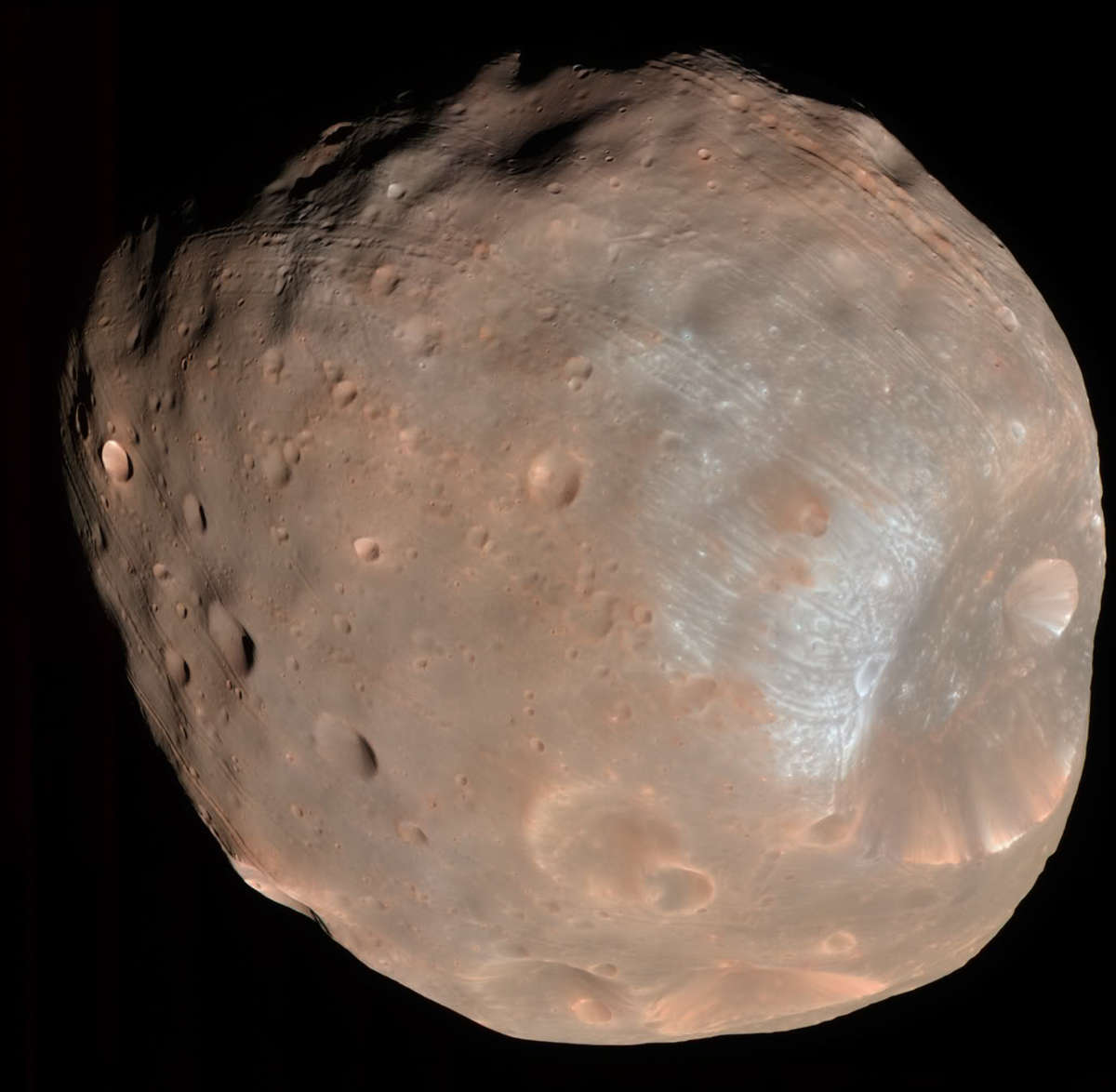Spaceship Earth, Mars, our second home? (and how will we get there?)
Moving house? How about moving planets?
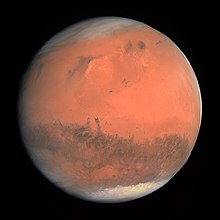
Mars and our future.
A few weeks ago we started looking at Earth as a spaceship and trying to see who or what our neighbours were.
So far we've looked at Mercury, Venus, the Moon and we began to look at Mars.
Mars has always fired the imagination, first as a 'god' of war and destruction, but more recently as a planet of wonder that just might help us unlock some of the secrets of the universe and help us to answer some of the questions we've had since that first caveman looked up to the stars and wondered if there was someone else 'out there' watching us.
Maybe in the next few decades, we might have an answer to that.
Mars and Martians.
One very popular theme in science fiction has always been the idea of an alien invasion, or contact by beings from another world, maybe another Galaxy even! So we've sent probes out to 'have a look'.
They weren't just sent out to explore, but many of the ones that were sent into 'deep space' were fitted out with equipment that recorded where mankind was located in the galaxy and also information about our species and history.
Some of the probes were sent out to carry out 'flybys' of the planets in the outer solar system before they headed out into interstellar space, but some of the other probes were given specific missions and sent direct to planets closer to us to give us a better idea of what they are really like, one question that was on every scientist's mind was "are there really Martians?"
The reality was that until the 1970s we didn't know! We knew they probably weren't in human form, but we had no idea if there was life on the red planet!
We've been able to see Mars with the naked eye since the dawn of recorded history, it's a place that was so familiar, a place we thought we knew well, but at the same time, we know so little about.
Back in the late 19th century, we thought we'd found evidence of life and intelligent creatures that might have lived on the fourth planet in ancient times. This theory held sway right up until the first space probes landed in the 1970s when we saw what was really there, and it raised more questions than it answered!
Mars once had water.
That stunned the scientific community when it was discovered, that the barren fourth rock from the sun actually once was covered in water!
But it raised another question, Where did the water go?
It also revealed a few other things, like Mars once having a magnetic field. (it doesn't anymore) and all these things left us with more questions than they gave answers.
What does Earth have that Mars doesn't?
First encounters of the Mars kind
The first spacecraft to reach Mars were Viking 1 and 2 launched in 1975 9about two months apart) and they arrived about ten months later in 1976.
Tasked with what was the most ambitious task at the time both of the landers put down on the surface and began taking samples, relaying the results back to earth, we had begun to get an idea of what Mars was like, and it raised more questions than answers.
Could we live there?
Even back then people were asking whether it would be even possible for man ever to live on the red planet. Viking wasn't meant to answer that question, besides there were huge obstacles to even getting there that had to be dealt with first.
But first, let's take a look at some of those differences.
Our Moon
Of all the planets in the inner solar system, Earth is the only one that has a decent-sized Moon!
At roughly one third the size of the planet, our Moon plays a major role in helping the Earth in many ways, but there's another, much more important role that the Moon might play in helping life here on Earth.
It is thought to help generate our magnetic field!
It's the earth's magnetic field that not only protects us from harmful radiation but also makes sure that the sun doesn't strip our atmosphere and oceans away from us (watch the video).
How it might work is quite simple really, see the earth has a molten outer core, we know that the Moon affects water on the surface of the planet helping to give us the tides and the like, it may be that below ground gravity from the Moon might have the same effect, creating a moving pool that constantly moves and creates the dynamo effect that gives us our magnetic field!
Think of it, the only reason we might have had a chance of life here on earth was that because long ago, when the earth was young there was a collision with a monster of a rock that first vaporised the whole planet and then reformed it into two bodies, one became the earth, and the other our Moon, Mars never had that!
Mars does have a Moon, actually two of them, but they're nothing like the size of earth's Moon
Phobos
Discovered in 1877 Phobos is about 9,000 KM (6,000 miles) from Mars and is only 22km (13 miles) in diameter. so small that its gravity hasn't pulled it into the shape of a circle, it just looks like a large chunk of rock.
Deimos
Also discovered in 1877 (by the same Astronomer) Deimos is only 12 km wide (71/2 miles) and orbits around 26,000 km (about 14,000 miles) out. Both are basically asteroids that were captured by Mars and don't really do much for the planet.
Interesting fact
The Book ' Gulliver's Travels' was written around 1720 but in the book Mars was credited as having two Moons...How could the author Johnathan Swift have guessed that? I'll leave you to think on that one.
Asaph Hall The Astronomer who discovered them named them after the twin sons of Aries the Greek god of war who apparently always accompanied him into Battle, kind of fitting really
The Moon and our Magnetic field.
This is an awesome song (Okay it's got a double meaning in the song)
Can we actually live there?
"Mars is no place to raise a kid.
In fact, it's as cold as hell"
So Elton John once sang
But could we actually live there?
We wouldn't be able to enjoy 'the great outdoors' but yes, it would be possible with present technology, the real question is why would we want to go there?
Mars is only just over half the size of earth, and as such has probably only half the resources the Earth had, but the big difference is that on Mars they're untouched! No one has dug them up yet, but that won't be for long!
There are plans afoot for going to Mars, and it's not government agencies wanting to go there!
NASA, ESA, Roscosmos, INSA (Indian National Space Administration) and CNSA (China) are all planning to explore the planet with a view of setting up Bases there. SpaceX, Boeing and Lockheed Martin are all working on building the technology to get us there. Elon Musk and Richard Branson (both major driving forces in space technology) along with Jeff Bezos (Amazon) all have the goal of setting up a permanent settlement (in Musk's case he wants a city of a million in the next hundred years) on Mars and they're taking steps to make it happen.
Getting to Mars
isn't all that easy. Only about 30% of probes sent to Mars have actually made it, and when you think of the money and resources invested in these projects you realize there has to be some major ROI (Return On Investment) for people and governments to throw that kind of money around, and there is.
Ever been for cancer treatment? Or a procedure where they had to 'look inside' your body (CAT scan or MRI) they were both developed with technology that came out of the space programmes, what about Velcro? Ever used it? That was also developed during the Apollo space programme.
The latest is a synthetic 'leaf' that can purify the air by imitating photosynthesis in plants thus taking carbon out of the atmosphere!
Non-stick cookware is another
Hypersonic flight isn't that far away, and even aircraft engines that don't need aviation fuel but run on power generated by solar panels in the wings.
All these are being developed or have been developed for the space programme and have found their way into regular use here on earth, and they're just a few of the things that have come out of the space programme.
But there are still major obstacles.
Obstacles or opportunities?
Let's face it, our world is full of people who either see things as an obstacle to be beaten or an opportunity to be exploited, and at the moment we have one major obstacle to deal with, and that's how long it will take to get us there.
Mars is 50,000,000 miles away
With today's technology, and the fastest spacecraft we can build it would take us about eight months to get there, that's eight months in microgravity, playing havoc with the human body.
Thirty years or more of experiments in low earth orbit has shown us what this does to the human body, muscle atrophy, bone density loss and the like, but it's also given us vital methods of helping compensate for this, it would be better though if the flights were shorter, and that's what SpaceX, Blue Origin and Boeing have been working on.
They all believe that the next generation of spacecraft will get us there in three to four months.
Can we get there? Yes, we can.
Should we go? Absolutely!

